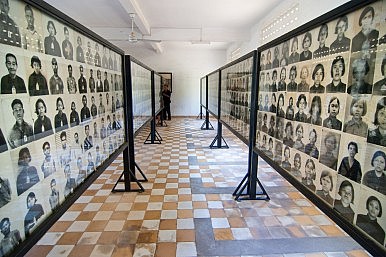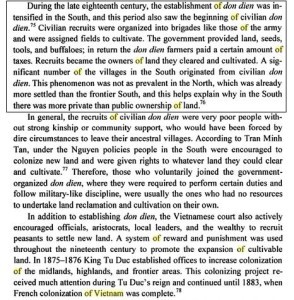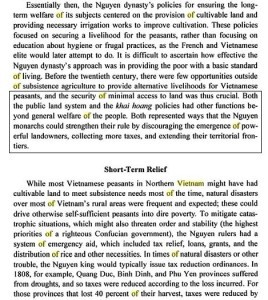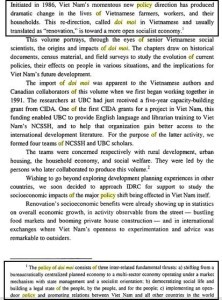
China to Cambodia: Don’t Mention the War
China’s sledgehammer approach to diplomacy has won Beijing few friends in Southeast Asia. Its attitudes to maritime disputes in the South China Sea, massive land acquisitions by state-owned companies and its cash-for-influence strategyamong regional governments have all been the subject of unflattering headlines.
But expectations were raised when China’s top political advisor Yu Zhengsheng met with King Norodom Sihamoni of Cambodia and his mother, the former Queen Norodom Monineath Sihanouk, in Beijing on April 17thwith observers expecting more than the usual bland diplomatic tidings.
That day was the 40th anniversary of the Chinese-backed, Khmer Rouge takeover of Cambodia.
In Phnom Penh commemorations were underway, including a dawn service at the Killing Fields, book launches, and seminars amid a school holiday and religious ceremonies for what ranks among the most intensely observed cultural days on the Khmer calendar.
“China will continue to pursue a friendly policy towards Cambodia, and work closely with the country to implement the consensus reached between both leaders and build a community of shared destinies,” Yu said. That was about all he said.
Yu, chairman of the National Committee of the Chinese People’s Political Consultative Conference, also conveyed Chinese President Xi Jinping’s greetings, according to the Xinhua news agency.
“Hailing the friendship between both countries, Yu said King Sihamoni has claimed the legacy of his father, late Cambodian King Norodom Sihanouk, to develop bilateral friendship and make new contribution to enhancing ties with China,” Xinhua reported in a dispatch dated April 17.
Sihamoni spent much the 1975-79 Khmer Rouge reign, essentially as a prisoner, in the royal palace after his father Norodom Sihanouk had a falling out with Pol Pot, whom he had initially supported after he was voted out of political office by his own National Assembly in 1970.














